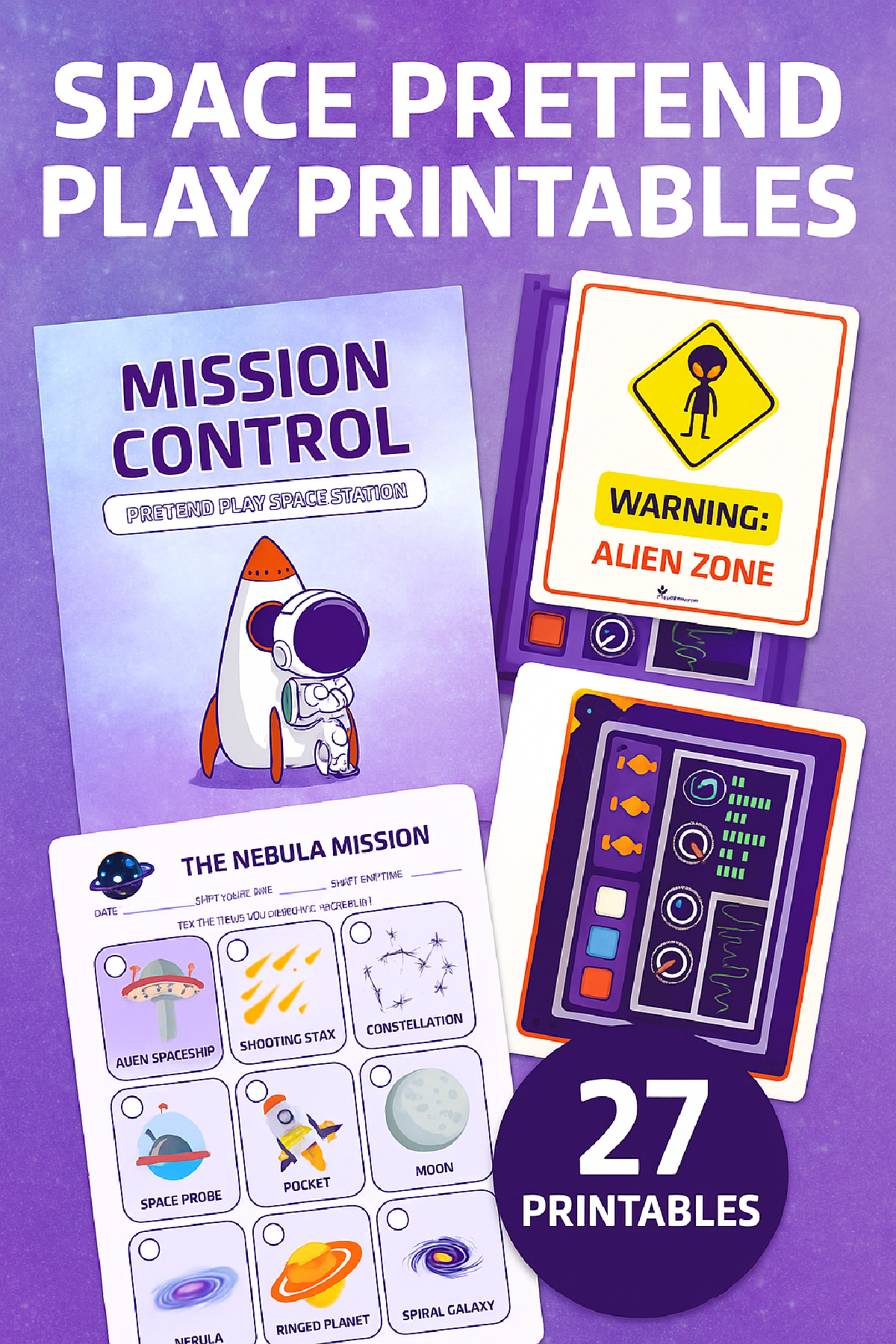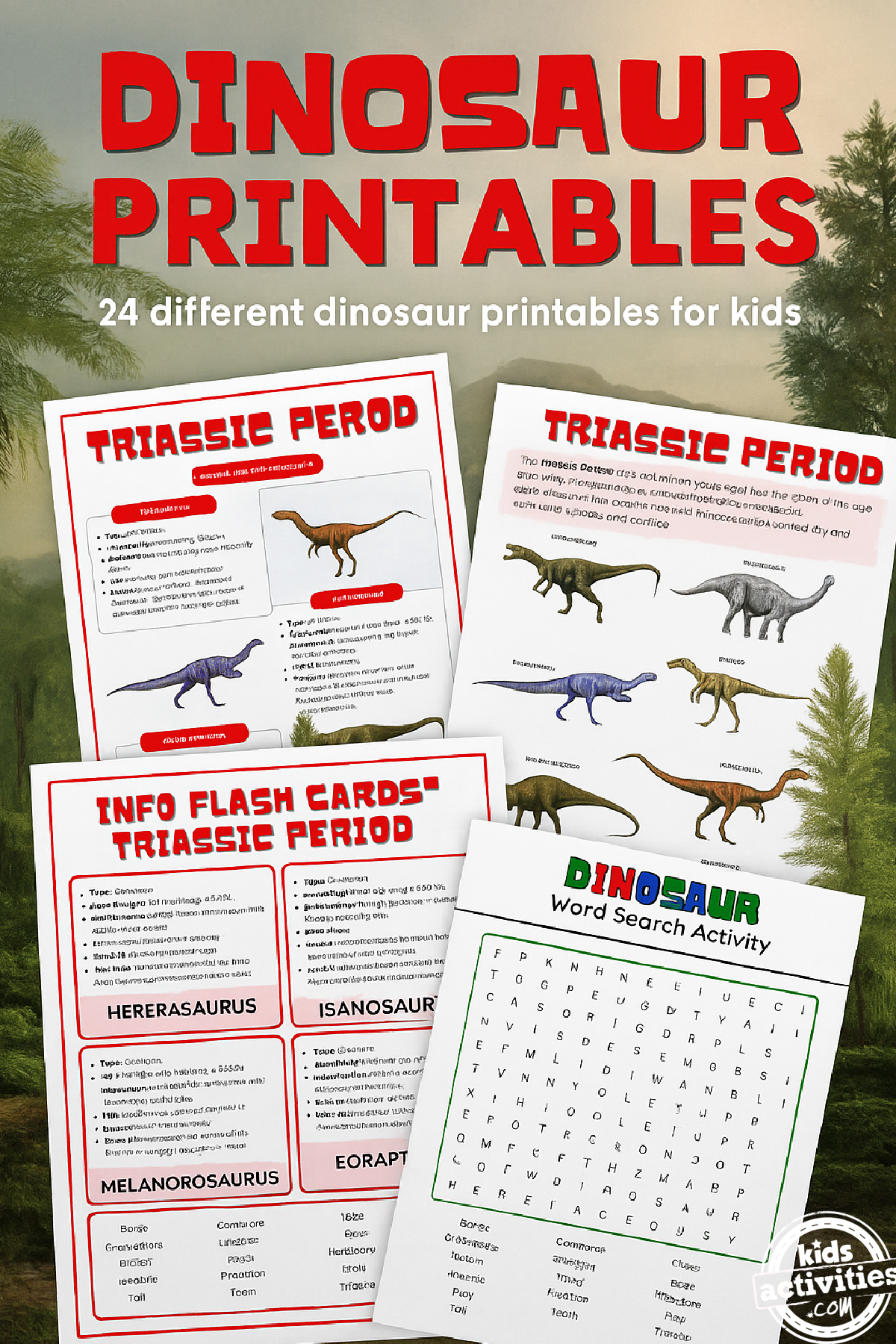Allow me to be the bearer of bad news: the start of school is just around the corner. I know… already?! Really? Is it time to start thinking about school?
Good-bye, Summer! I feel like I hardly knew you.
Hello, structured school days. My Type-A personality has been missing you.

For some parents, the start of a new school year means their child’s very first experience with the world of school via entering preschool. Starting preschool is a significant milestone in the life of a child (and the life of a parent…those apron strings are always hard to cut). Such a step can be an intimidating one for parents as well as for the child.
Even after the decision has been made to send a child to preschool, parents are still faced with deciding upon the exact preschool where they will send their child. Living in a large area such as Dallas/Fort Worth gives parents a vast array of preschool options from which to make their selection.
Just like with any decision, having to choose from a variety of options can make it difficult to decide on one particular preschool program. Equipping oneself with information and then forming a plan of action can make the difficult task of choosing a preschool a bit easier for parents.
Decide what the family wants and needs from a preschool.
All families have different needs and desires. Such individualities also impact the decisions one makes for their child. When attempting to decide upon a preschool, think about what the individual, specific needs of the family.
- Schedule. When is the best time for the child to attend school? Is a five day a week school schedule desirable or would a two day-a-week preschool work better? Preschools differ in their hours of operation and the number of days a week a child attends. Consider what type of preschool schedule works best for the family before choosing a particular school.
- Proximity to home. Some parents do not mind driving a long distance to take children to school while others need a preschool that is close to home. Take into consideration how long it will take to get to preschool for drop-off and pick-up and determine if that amount of driving time works with the family's schedule.
- Fundamental approach to education. If a particular learning style is important to the family, only consider preschools that take that approach to education. If having a religious-based education is something that is desired, be sure to consider area churches and synagogue that provide such a preschool.
- Cost. In most cases, preschool costs money. Take a look at the family's finances and decide how much of the annual budget is going to be allocated towards education. If the purse strings are tight, perhaps preschools with high tuition rates should be marked off the list. However, keep in mind that several preschools offer a limited amount of scholarships or tuition assistance for those in need.
- Discipline strategies. Once children have hit the preschool years, parents tend to have found their groove with a particular style of discipline. When deciding upon a preschool, be sure that the school's discipline strategies are similar to those used at home. Take note if a school simply relies on the old standard of a time-out corner rather than helping students work through and resolve issues. If discipline strategies seem extreme or contradict the parenting put in place in the home, perhaps another preschool should be considered.
Compile a list of local schools.
After deciding upon the values and principals desired in a preschool, make a list of local schools that fit the bill. To find potential schools use
local parenting websites to chat on-line with area parents and take time to scan the advertisements in free
parenting magazines. Pay attention when driving around town running errands, making note of the preschools close to home. A tangible list of preschool names, location and contact information can help narrow down choices in an organized manner.
Visit, chat and visit some more.
Once a list is devised, start talking. Call potential preschools and ask if you can have an on-site visit. Inquire about any upcoming Open Houses for perspective parents. Most schools have an open-door policy and welcome the visits of potential students and their parents. Observe a class and see how things run at perspective schools.
- Ask the director if he/she would recommend a current student’s parent that would be willing to answer questions.
- Talk to friends and ask them where their children attend preschool. Question fellow mothers about what they like and dislike about their child’s preschool. A child’s education is extremely important.
- Never feel embarrassed for asking lots of questions and seeking out plenty of advice when attempting to decide upon a preschool.
Assess the basics.
- Once a few schools show potential, assess some basic issues. Is the preschool certified and accredited (either through their particular certification board or through national accreditation programs)? Texas has developed its own system for ensuring that preschools are not only teaching young children but also making sure students are equipped with the skills needed to perform successfully in the kindergarten classroom.
- Another basic issue to consider is student to teacher ratio, meaning how many students are assigned to one teacher (a good ratio is no more than 12 to 1).
- Consider teacher turnover rate as well. Are teachers constantly rotating in and out of the school or does the school keep the same staff year after year? Research shows that children who have had several preschool teachers have a harder time adjusting to school. A large staff turnover rate could mean a particular preschool is not a good choice.
- Parents must also look at the facility itself. Are classrooms clean, playgrounds fenced and safe and learning materials in good condition?
- The basic structure of a preschool, from quality of teacher to quality of playground equipment, can be a significant determining factor when deciding on a preschool.
Get started.
Preschool has been shown to be more than painting a picture and eating a few crackers with friends. It has dramatic, positive effects on the life of a child.
It is not too early to begin thinking about preschool choices for a child. Getting started now with the preschool decision making process can help parents make a solid decision they feel comfortable with and that works best for their child.
Check out this post for more tips:

 For some parents, the start of a new school year means their child’s very first experience with the world of school via entering preschool. Starting preschool is a significant milestone in the life of a child (and the life of a parent…those apron strings are always hard to cut). Such a step can be an intimidating one for parents as well as for the child.
Even after the decision has been made to send a child to preschool, parents are still faced with deciding upon the exact preschool where they will send their child. Living in a large area such as Dallas/Fort Worth gives parents a vast array of preschool options from which to make their selection.
Just like with any decision, having to choose from a variety of options can make it difficult to decide on one particular preschool program. Equipping oneself with information and then forming a plan of action can make the difficult task of choosing a preschool a bit easier for parents.
Decide what the family wants and needs from a preschool.
All families have different needs and desires. Such individualities also impact the decisions one makes for their child. When attempting to decide upon a preschool, think about what the individual, specific needs of the family.
For some parents, the start of a new school year means their child’s very first experience with the world of school via entering preschool. Starting preschool is a significant milestone in the life of a child (and the life of a parent…those apron strings are always hard to cut). Such a step can be an intimidating one for parents as well as for the child.
Even after the decision has been made to send a child to preschool, parents are still faced with deciding upon the exact preschool where they will send their child. Living in a large area such as Dallas/Fort Worth gives parents a vast array of preschool options from which to make their selection.
Just like with any decision, having to choose from a variety of options can make it difficult to decide on one particular preschool program. Equipping oneself with information and then forming a plan of action can make the difficult task of choosing a preschool a bit easier for parents.
Decide what the family wants and needs from a preschool.
All families have different needs and desires. Such individualities also impact the decisions one makes for their child. When attempting to decide upon a preschool, think about what the individual, specific needs of the family.






















I totally agree that it is important to determine what your needs and wants are in choosing a preschool for your son. Out of the list you provided, proximity to home appealed to me the most because it’s important for me to choose a school that’s near our house because it gives me the confidence that I can visit my son anytime of the day. I also like that you mentioned how you must consider how long it will take to get to preschool for drop-off and pick-up to ensure that the schedule will work within your preference. My husband and I decided to enroll our son in preschool by next school year, so I will make sure to remember all your tips.